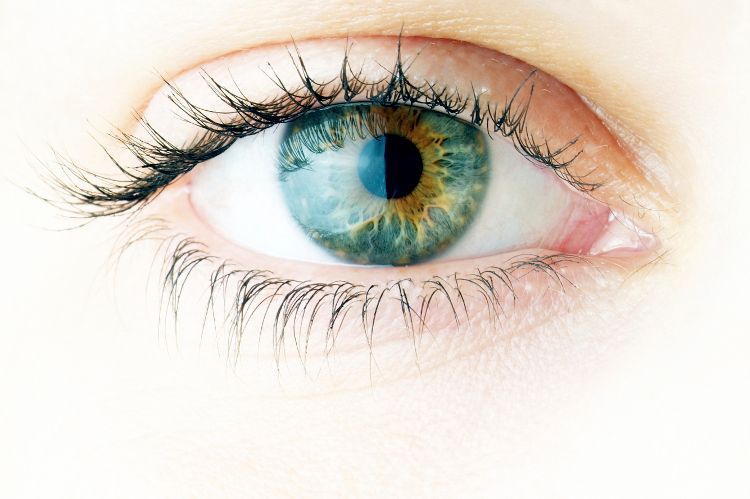Novel bilberry extract reduces eye fatigue associated with chronic screen usage, says recent study
A recent study found that supplementation with a bilberry extract from BGG World, called MyrtiPro, reduced the risk of eye fatigue in subjects following the use of a visual display terminal.
Photo © iStockphoto.com/fotoadrenalina

A study recently published in Functional Foods in Health and Disease found that supplementation with a bilberry extract from BGG World (Irvine, CA), called MyrtiPro, reduced the risk of eye fatigue in subjects following the use of a visual display terminal (VDT). The bilberry extract is standardized to 36% anthocyanins. In the randomized, double-blind, placebo-controlled, parallel-group study, 32 healthy Japanese adults with eye fatigue after using a VDT were randomly assigned to receive either 43.2 mg of the bilberry ingredient or placebo daily for six weeks.
The primary outcome researchers assessed was the change in pupillary response pre- and post-VDT usage. Among the symptoms of eye fatigue caused by VDT use are reduced pupillary constriction and mydriasis. Pupillary constriction increases depth of focus and contributes to expansion of the clear vision region. Smooth pupillary constriction increases the range of distance the subject can clearly see. Results showed that after six weeks of supplementation with the bilberry extract, subjects had a larger percentage of pupillary response, pointing to its ability to inhibit the decline of accommodative function associated with use of VDTs.
“This is a very positive outcome that can lead to daily benefits for millions of computer users, smart phone users and video gamers around the world,” said Takahiro Sekikawa, PhD, the study’s lead researchers. “It’s extremely encouraging that a relatively low dose of anthocyanins for six weeks was confirmed to safely inhibit the decline in accommodation caused by VDT use and improve eye function.”
Reference
- Sekikawa T et al. “The effect of consuming an anthocyanin-containing supplement derived from Bilberry (Vaccinium myrtillus) on eye function: a randomized, double-blind, placebo-controlled parallel study.”Functional Foods in Health and Disease, vol. 11, no. 3 (2021): 116-146








